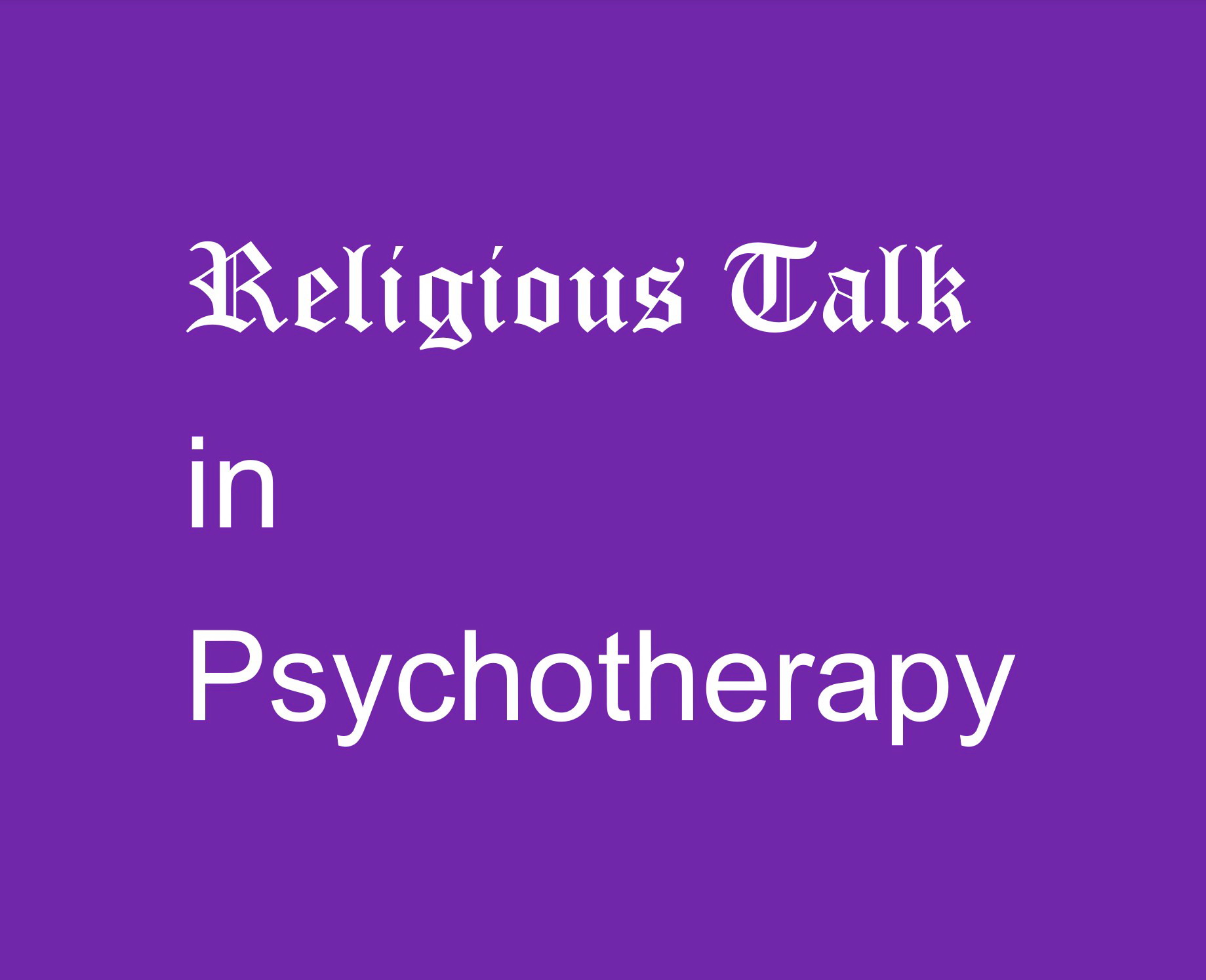
There was a very interesting article in the Washington Post recently about how more and more therapists were opening their counseling approach to include religious beliefs and concerns. More psychotherapists are incorporating religion into their practices – The Washington Post
As a pastoral counselor, I wish to applaud this development and make some observations that I have learned over the past forty-five years of practice. Pastoral Counseling ? | Pastoral Counseling Syracuse NY (revmichaelheath.com)
First off, it is important acknowledge and to understand why religious language has been a problem for some therapists in the past. Even though cultural sensitivity and inclusiveness (cross-cultural competency) has increased toward race, gender and sexuality, spirituality has been neglected. One reason stems from the fact that American culture is predominantly secular. For example, in contrast to the ancient Europe, Americans build sports stadia and skyscrapers, not cathedrals. Statistically, fewer people now worship than ever before in America (less than 50%).
Another contributing factor to psychotherapy’s awkwardness towards spirituality is psychology’s open hostility to religion. For example, Freud skeptically referred to it as “mass hysteria”.
Not surprisingly, therapists tend to be less religious than the general population. Many openly acknowledge feeling awkward when encountering clients who espouse a faith or employ religious language when explaining their concerns.
Psychology’s antipathy to religion is not a secret. Not surprisingly, many clients report feeling self-conscious about their faith and sometimes are reluctant to speak of their spiritual concerns in therapy for fear of appearing “religious”. \
All of this notwithstanding, it is important that clients and therapists, alike, understand that neither needs to be uncomfortable when discussing matters of spiritual or religious content. It is my belief that much of the tension between psychology and religion stems from a fundamental confusion about their roles.
A Basic Confusion A prime factor which impedes acceptance and understanding of religious talk is the confusion which exists between ministerial and therapeutic counseling, viz. that ministers explain the teachings of their faith and provide important answers to life’s mysteries and that a counselor’s role, on the other hand, is to understand, empathize and explore existential/psychological fears and questions imbedded within religious beliefs.
Unfortunately, many counselors don’t fully understand this distinction or how religious language and psychological concepts are related . Instead, they tend to either avoid the issues altogether or feel inadequate trying to engage their clients on a theological level.
Spiritual Competency Being cross-spiritually competent (CSC) offers a third option. It is important to be clear that CSC does not require that a therapist to be an expert in world religions. It does mean that that the therapist understand the connection between religious expressions and psychological experience, i.e. hopes, angers, anxiety, depression and confusion which result from struggling with questions like suffering, death and the ultimate meaning and purpose of life.
For example, the tragic effects of COVID, war and inflation, not to mention the bizarre political climate have raised the anxiety levels of many, even those who are persons of faith, and have caused many to question or doubt their faith.
Again, the therapeutic task is not to provide theological answers but to understand and empathize with what the client is experiencing and explain why as well as to offer ways to reduce of eliminate the dysphoric experiences.
For example. a person may talk about his worry about going to Hell after he dies. The therapist’s job is not to make a ruling on the call but to empathize about the fear we have about the unknown and the mystery of death. Further, the therapist can help a client connect prior experiences involving loss and death with his/her present worries. Lastly, therapy will explore way the client can reduce and manage the fears.
Addressing the fear, not the theology, is what is therapeutic. By the way, it is important for the therapist to remember that if the client simply wanted answers or theological reassurance , they most likely would have gone to a clergyperson. If it is apparent that the client simply wants doctrinal guidance, they need to be referred to an appropriate clergy person.
In addition to being able to translate religious concepts and symbols into psychological experience, here are some other essential characteristics that spiritually competent therapist should exhibit:
— An appreciation of the spiritual dimension of life
A therapist who strives to be sensitive to the spiritual concerns of his/her client must first value the reality of the transcendent dimensions of life. Even though ancient religious expressed their beliefs in pre-scientific ways, an open mind can experience their wisdom and power. Once a person moves past literalism , sacred texts can be read as poetry which conveys ineffable meaning to the soul.
— Humility and Self-awareness of one’s own spiritual issues and religious biases
An important reason that some therapists shy away from religious language is because it raises unresolved spiritual issues in the therapist’s own mind. If so, that is an area that therapists must explore in their own therapy.
That said, a therapist must also be aware of his/her own religious history. Influences both good and bad can cloud the lens through which s/he sees the client’s issues.
The goal of all therapy is to understand the pain their clients experience and help them to heal past emotional wounds. The more Spiritually Cross-Culturally Competent a therapist becomes, the more multi-dimensionally empathic s/he can be for their clients.
Rev. Michael Heath, LMHC, Fellow AAPC 10 01 2022



